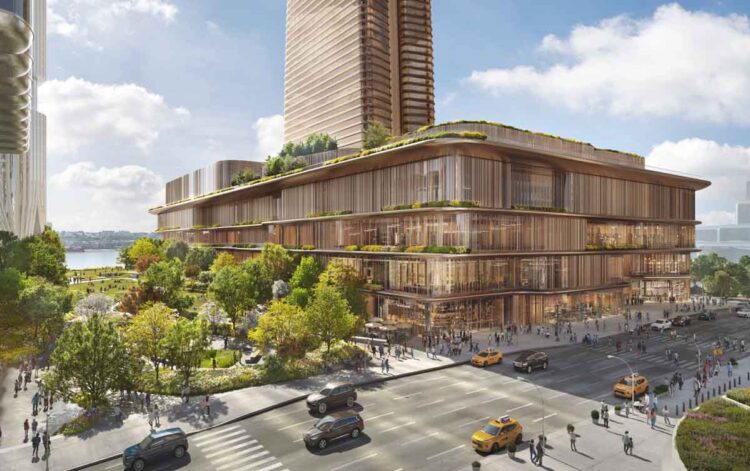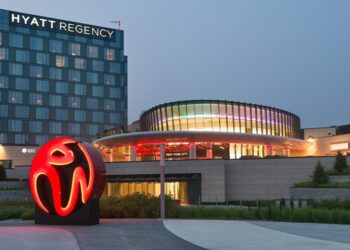Wynn Resorts has become the second major casino operator to drop its pursuit of a New York casino license after revealing it will no longer be part of a consortium looking to develop a large-scale integrated resort in Manhattan.
The company issued a statement early Tuesday (Asia time) in which it pointed to the likelihood of persistent opposition from local residents, adding it would seek better uses for the deployment of its financial resources.
“After careful consideration, we have decided not to lodge an application for a gaming license in New York City,” Wynn explained. “The recent rezoning process has made it clear to us that there are uses for our capital more accretive to our shareholders, such as investment in our existing and upcoming developments and stock buybacks, than investing in an area in which we, or any casino operator, will face years of persistent opposition despite our willingness to employ 5,000 New Yorkers.”
Las Vegas Sands Corp last month pulled out of its bid to develop an integrated resort in Long Island, citing the impact of online gaming legislation on potential returns.
Wynn’s proposal – a partnership with site owners Related and Oxford Properties – had envisioned a massive US$13 billion development in the heart of the city comprising a world-class casino, 1,500 hotel rooms and 238 residences, a 5.6-acre public park, up to 4,000 units of new housing and a new public school alongside a daycare center and a community facility.
An initial phase of the development overseen by Related and Oxford Properties, which is working on an amended plan minus the casino-hotel element, was to have included office towers and shopping malls.
In Wynn’s recent 1Q25 earnings call, CEO Craig Billings said the company would continue to look for expansion opportunities but qualified that by adding “it’s got to be right and the setup has to be right for us.”
Billings stated in an earlier earnings call in February that Wynn had already decided to postpone expansion of its Las Vegas resort in order to ensure sufficient capex for its US$5.1 billion UAE project and any potential move for a license in Thailand.



































